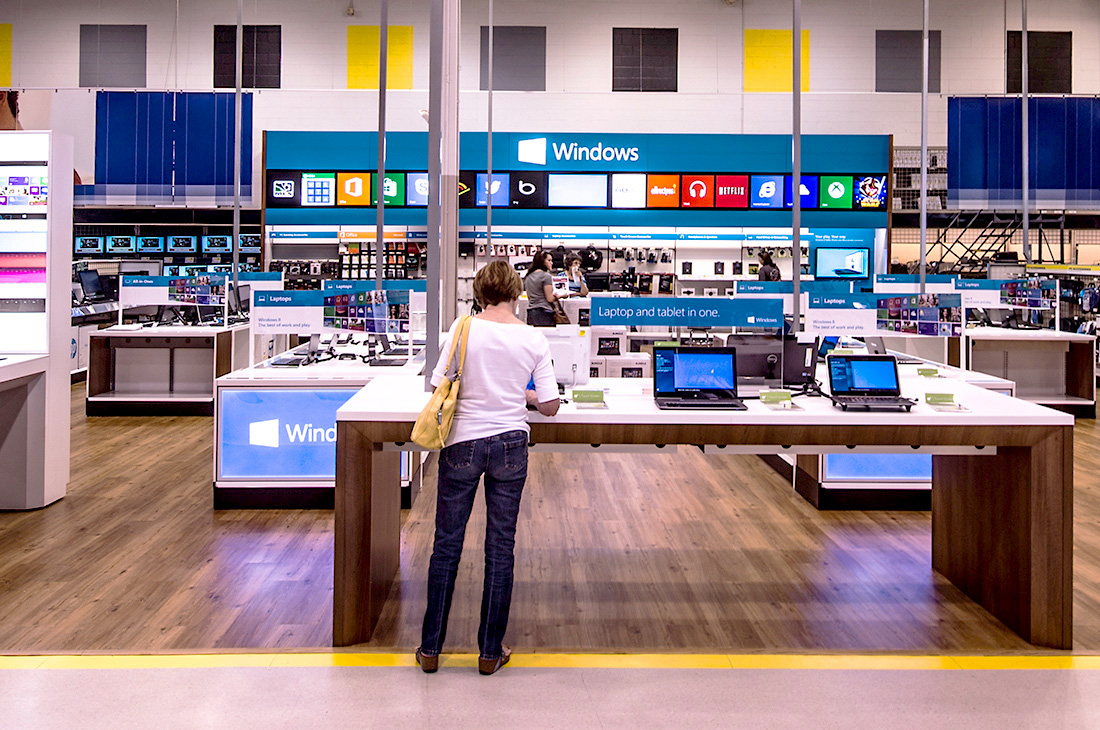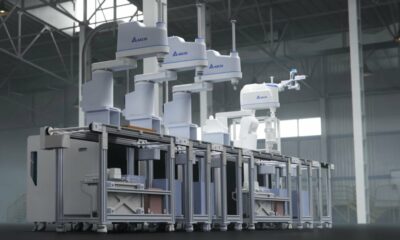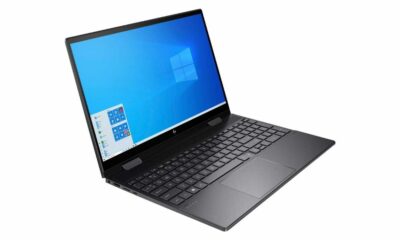Technology
Mistakes To Avoid When Searching For A Laptop For Yourself

Technology
AI Models by Google and Nvidia Predict Path and Intensity of Major Storms
Technology
Quickplay received the NAB Award for its Generative AI products
Technology
WordLift Declared the Release of their AI SEO Agent
-

 Technology4 weeks ago
Technology4 weeks agoZoom Workplace: Using AI to Revolutionize Collaboration
-

 Technology3 weeks ago
Technology3 weeks agoApple’s MacOS 15 Announcement may Include AI Features for Compatible Macs
-

 Business4 weeks ago
Business4 weeks agoG7 CR Technologies Launches AI Apps Program for Streamlined AI Integration
-

 Technology3 weeks ago
Technology3 weeks agoAI Data Center Designs Developed in Partnership with NVIDIA by Schneider Electric
-

 Business4 weeks ago
Business4 weeks agoDelta Unveils NVIDIA Omniverse Digital Twin and Efficient AI Server Solutions at GTC
-

 Technology4 weeks ago
Technology4 weeks agoIntel Unveils New Initiative for AI Hardware and Software Providers
-

 Technology4 weeks ago
Technology4 weeks agoAdobe Integrates GenAI-Powered Workflow Planning into Content Supply Chain
-

 Technology3 weeks ago
Technology3 weeks agoThales Introduces AI Platform Tailored for Defense Industry









